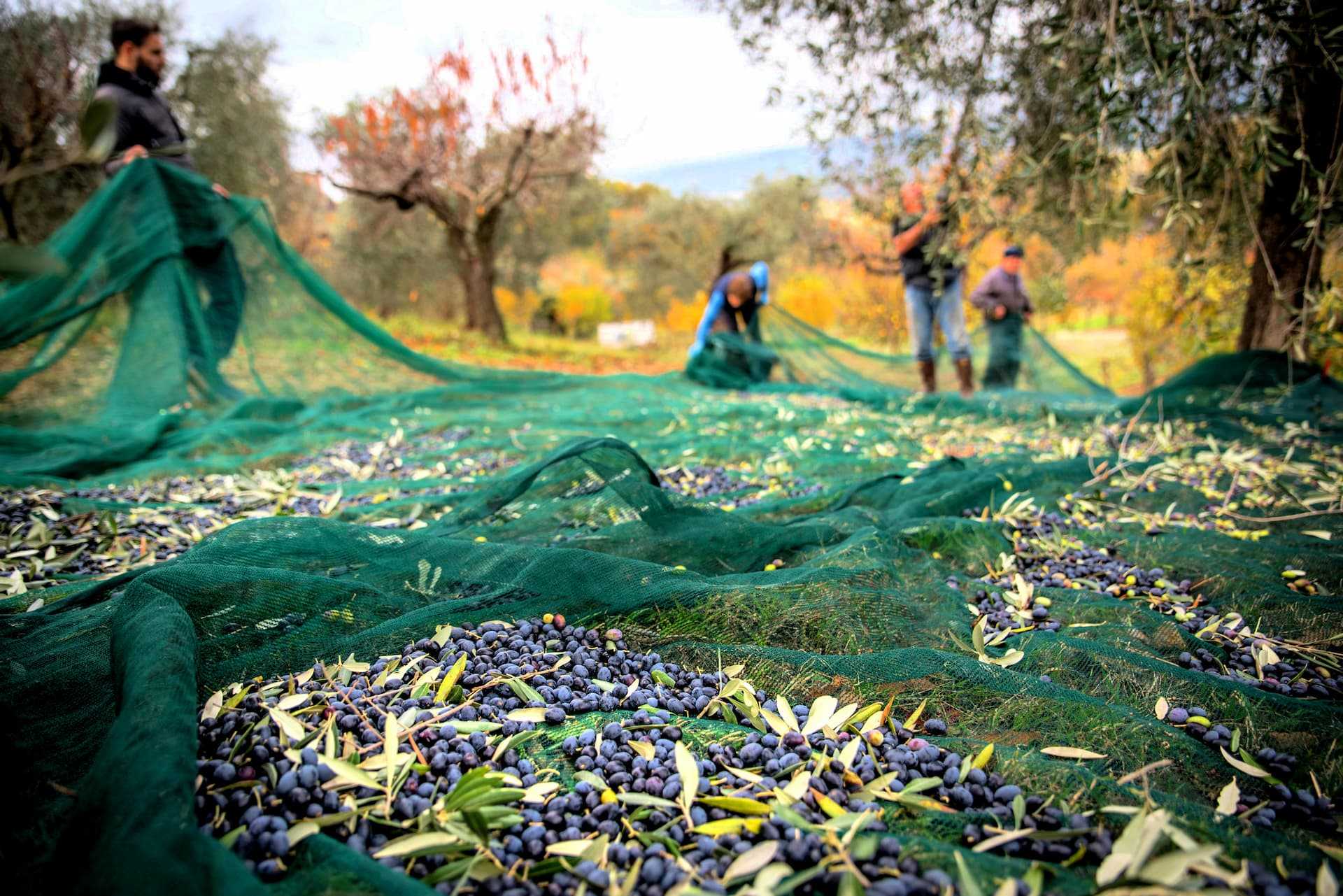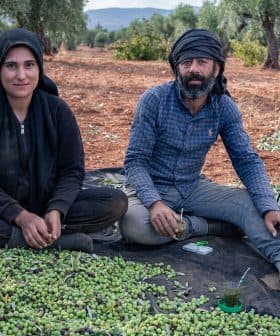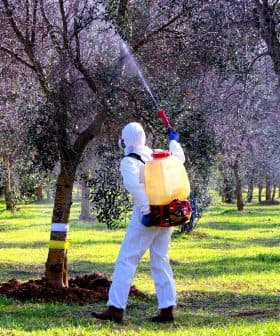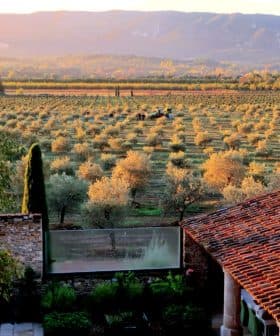New CAP Provides Plenty of Opportunities for Italian Olive Growers

The new Common Agricultural Policy (CAP) agreed upon by European Union member states will provide significant subsidies to the Italian agricultural sector, with a focus on supporting olive oil producers certified with Protected Designation of Origin or Protected Geographical Indication status. The CAP also includes provisions for environmental protection, generational turnover support for young farmers, and social issues such as workers’ rights, with national governments required to present their strategic plans by the end of 2021 for implementation starting in January 2023.
The impacts of the new Common Agricultural Policy (CAP) agreed by the European Union member states last week will soon be felt across the Italian agricultural sector.
Among the primary benefactors of the new policy will be the olive oil sector, especially producers of oils certified with Protected Designation of Origin (PDO) or Protected Geographical Indication (PGI) status.
The new CAP represents a huge opportunity for our farmers because they will finally be able to plan their investments.
The subsidies destined to the Italian agricultural sector with the addition of national funds will reach €34 billion from 2023 to 2027 (€50 billion, including the two-year stopgap funding from 2021 to 2023), with 25 percent of all direct payments to farmers connected explicitly to environmentally friendly practices.
See Also:Planas: Traditional Olive Growers Will Be Protected in New Common Agricultural PolicyAccording to the Italian Minister of Agriculture, Food and Forestry, Stefano Patuanelli, the new CAP will simplify access to compensations due to climate change and extreme weather events, which have significantly affected Italian olive farmers in recent years.
Three percent of the total direct subsidies and rural funds will be devoted to risk management and restoration. The new CAP will also legislate procedures to distribute funds more quickly than in the past.
“The new CAP represents a huge opportunity for our farmers because they will finally be able to plan their investments,” Francesco Battistoni, the Italian Undersecretary of Agriculture, Food and Forestry, told Olive Oil Times.
He added that the new CAP inherently targets the nature and structure of the olive oil industry in Italy. The new agreement aims to promote younger generations of farmers, with specific funds provided to support their activities.
“Three percent of funds dedicated to direct payments will have to be destined to the young farmers to facilitate generational turnover,” Battistoni said.
Although many governmental initiatives currently focus on young Italian agriculturalists, farmers under the age of 40 are rare in the country. According to a recent report published by Ismea on the Italian olive oil sector, there are 11 farmers aged 65 or older for every young farmer.
“Support for young farmers… could cover income support, investment or start-up aid,” the European Commission said as it announced the ratification of the CAP political agreement last month.
The new agreement will allow the organizations in charge of PGI and PDO production and distribution to formulate recommendations on prices, extending their current abilities to do so under the common organization of the markets, which is meant to help stabilize prices in each agricultural sector. It will also provide emergency compensation for these producers.
Battistoni said that this measure ensures “all PDO and PGI products can be programmed to better fit into the growing market’s volatility,” which is significant since Italy has more PDO and PGI-protected olive oil-producing regions than any other European country.
The new CAP, which the member states’ governments will have to translate into national strategic plans, also aims at offering a protection umbrella for small farming operations.
While the most significant share of the national subsidies will still be destined to the large companies, the national plans will have to guarantee that 10 percent of all available subsidies be distributed to small agri-businesses.
The agreement asks national governments to specify in their strategic plan how they will accomplish this task, which will be a significant provision for many Italian olive growers, given that the vast majority of them operate as small businesses.
With a particular focus on a reduced environmental impact of the agricultural operations and the conservation of biodiversity, the new CAP requires those who will ask for public support to devote at least three percent of their fields to biodiversity conservation.
No productive crop will be grown in those areas, a provision that works well for traditional olive growers, which represent a large part of Italian growers. Any activity aimed at preserving carbon-rich soil by protecting bogs and peat bogs will meet the new CAP requirements.
This measure will also interest olive farmers trying to replicate the encouraging results of the Spanish Olivares Vivos project, which focused specifically on restoring biodiversity in olive groves.
Along with environmental protections, Battistoni said that the CAP also focuses on social issues.
“The CAP’s turning point has a social nature: subsidies will be distributed with specific attention to the respect of workers’ rights,” he said. “Those who will not follow the rules will incur heavy fines. This social parameter is an innovative and relevant game-changer.”
Under the new rules, farmers will have to adhere to the E.U. labor and social regulations to receive public support.
Paolo De Castro, an Italian Member of the European Parliament’s Agricultural Commission, added that “from now on the CAP will not fund farmers who do not respect their workers’ rights, putting an end to their unfair competition against the large majority of entrepreneurs who fully respect those rights.”
The Italian government and the other European Union countries will have to present their national strategic plan about the CAP by the end of 2021.
In the following six months, the European Commission will examine the plans, which will come into force starting in January 2023. Until then, temporary provisions are set to guarantee current development plans along with emergency and restoration funds.
“More could have been done [in the E.U. debate on the CAP], especially for the simplification of administration, but we could have ended up with less as well,” Battistoni said.
“The plans we are going to outline together with the stakeholders [local governments, operators, farmers and so on] will have a crucial role to play to put the opportunities of the new agreements to the best possible use,” he concluded.









